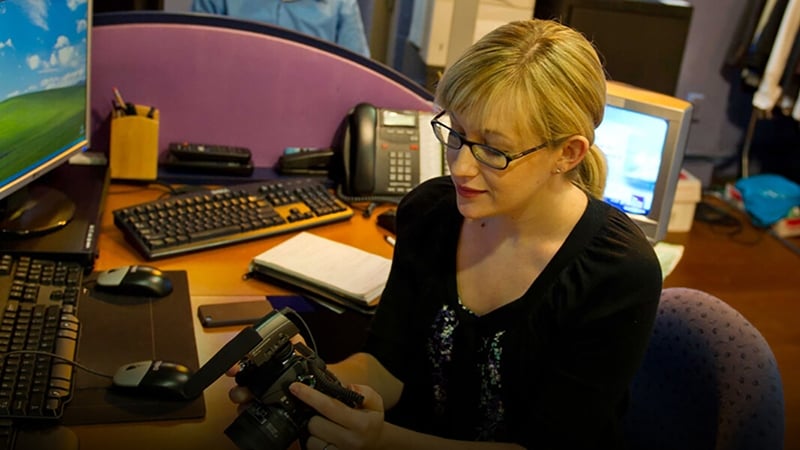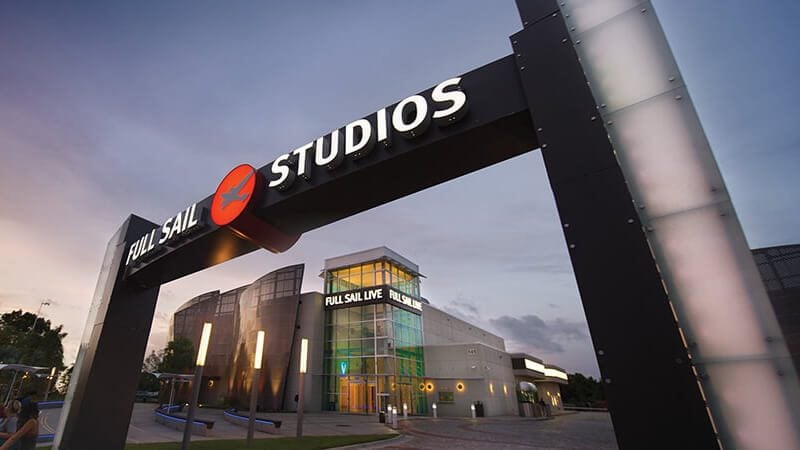Pro Advice
Try, Try Again: Why Modern Start-Up Methodology Welcomes Mistakes
Being an entrepreneur isn’t what it used to be. It’s better.
That’s a subjective claim, of course, but small business ownership has definitely changed over the past few years — in ways many experts say are for the benefit of all.
In the past, starting a new venture meant visualizing an end goal or product, pouring resources into creating that product, and revealing it to the public only after the process was complete. Those days are gone.
We’ve now entered the era of the lean startup, a concept that sacrifices some of the "ooh" and "ahh" elements of a product launch in exchange for more transparency and communication during development. Lean startup methodology denounces the idea that starting a business is a linear process, and instead advises innovators to take one small step at a time (and reposition their footing as needed).
This method relies on the willingness to adapt an original idea, often many different times, in response to feedback from potential customers. Ideally, the end result is what experts call a minimum viable product (MVP), or the most basic version of a product that customers will actually want to purchase.
Call it pivoting. Call it innovating. Call it agility or even measured failure. What it means, though, is that learning - growing, changing, asking questions, making mistakes - out in full view is not only acceptable but welcomed.
Earlier this year at Full Sail’s Sixth Annual Hall of Fame, a group of grads-turned-business-owners discussed this topic in a panel titled “The Rise of the Creative Entrepreneur.”
“We are so afraid of failure in our culture,” says Tim Naylor, Co-Founder at Creature Art & Mechanics, “because it is so associated with our self-worth. And I think you have to reverse that. The moment you step out and want to start your own business, you are going to have failure. I’ve made a ton of failures in my decision-making. And that’s how you grow.”
Overcoming entrepreneurial obstacles is simple enough in theory; but what does it look like in the real world? For more insight, we reached out to TK Walker, Full Sail Course Director for Mobility Technology and Marketing. With the help of his business partner Antoine Bell, TK co-founded the online event discovery engine Eventgrabber, which in 2011 was featured in Mashable's "Spark of Genius" series.
"Eventgrabber started out as just a blog to inform my colleagues and friends about things to enjoy in town outside of Disney," says TK. "[Antoine] suggested I turn it into an online business. So I did. I updated the website to allow users to fill out this simple form telling it what their interests were, and the website would spit out events that matched. After a year or so, the site was bringing in roughly 20,000 visitors per month.
"But Eventgrabber wasn’t an actual business at this time. We didn’t sell anything. We focused so much on the cool factor that we figured once we become as big as Facebook, we wouldn’t have to sell much. Bad mistake. Needless to say, we soon figured out that we had to start selling something or this 'business' was just a hobby. Here is where Steve Blank and his Business Model Generation book came in handy."
In an article titled "Why the Lean Start-Up Changes Everything," renowned start-up expert Steve Blank explains why he favors "experimentation over elaborate planning" and "customer feedback over intuition":
"Start-ups are not smaller versions of large companies. They do not unfold in accordance with master plans. The ones that ultimately succeed go quickly from failure to failure, all the while adapting, iterating on, and improving their initial ideas as they continually learn from customers. One of the critical differences is that while existing companies execute a business model, start-ups look for one. This distinction is at the heart of the lean start-up approach. It shapes the lean definition of a start-up: a temporary organization designed to search for a repeatable and scalable business model."
With this advice in mind, TK shifted his sights toward a more grounded approach. "Now, the website serves as an event marketing platform where we serve two types of customers," he explains. "Freemium customers are the people simply looking to discover local events. Event and venue advertisers are people looking to advertise their event or venue on the platform and/or through other channels utilizing our services."
"We relaunched in June of this year. We understand after failing at big dreams that it is better to establish smaller, chewable goals and build on top of that. A common mistake is to assume your idea is wanted or needed. My biggest advice to any entrepreneur is: Give yourself 90 days to build a prototype of your product or service and get at least five repeat customers. If you can’t achieve this, refine your product, process or team until you can. Everything else is a waste of time."
TK also warns against the common misconception that creating a start-up requires raising lots of money. "Not true," he says. "Money should only be a catalyst for speed and scale after the customer-product fit has been proven."
In the Hall of Fame panel, Ric Viers (author of The Sound Effects Bible and owner of The Detroit Chop Shop) emphasizes this point as well. In response to a question about funding, he explains, "You use whatever you have, and you start there."
"The moment you think, 'I'm going to be a professional when I have this amount of money' ... No. If you've got one seed, plant it in the ground, wait for it to grow, then harvest some more seeds. Don't eat your seeds; put ’em back in the ground. You keep doing that, and eventually you have an orchard."
View "The Rise of the Creative Entrepreneur" in its entirety below.
Whether you’re ready to apply or just want to learn more about Full Sail University, our Admissions Representatives are here to help. Call us or request more information.
Keep Exploring
- Art & Design
- Web Design & Development
- Artificial Intelligence
- Music & Recording
- User Experience
- Image Gallery
- Sports Management
- Sports
- Digital Marketing
- Media Communications
- Digital Arts & Design
- Educators
- Games
- For Parents
- Recording Arts
- Music Production
- Hall of Fame
- Mobile Development
- Be Creative
- Infographic
- Scholarships

